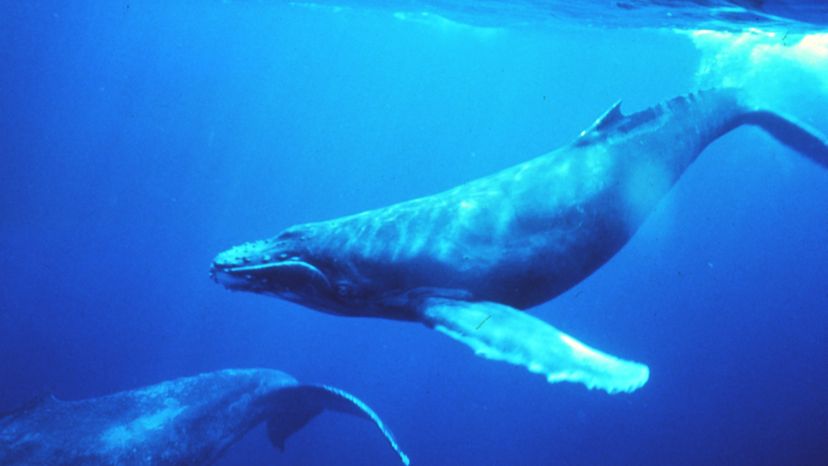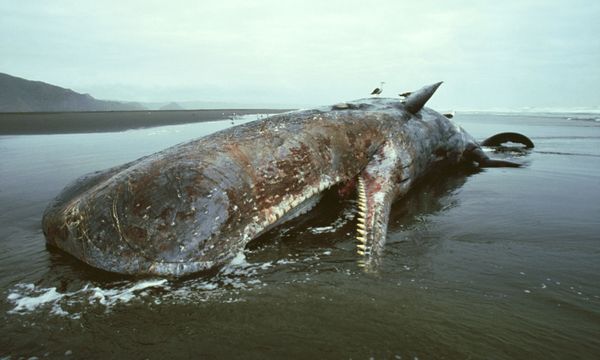
Whales have pop music, too. During breeding season, as male humpback whales swim along, they sing the same song. Females never sing, only males do — to find a mate or to posture for other males. The song is passed back and forth between the members of a pod, each whale adding his own little flourishes, and as that pod meets other pods, they pass the tunes along, until whole oceans ring with the song of the moment.
In the world of human pop music, what was the hot song of the summer will be dropped by every radio station in the fall because nobody can stand to hear it anymore. Research published in the Nov. 21, 2018 issue of Proceedings of the Royal Society B suggests the same is true for whale song: The popular tune becomes gradually more and more complex as it's altered by different populations of humpbacks, but after a few years the whales grow tired of their complicated ditty and start from scratch again.
Advertisement
The research team, based out of the University of Queensland, rated the complexity of song recordings of 95 humpback whales from different populations in the Indian Ocean over the course of 13 consecutive years. They found that, over the course of a couple years, the same song spread all the way across the South Pacific, from East Australia to French Polynesia.
"Typically, these songs changed gradually, possibly through embellishments by individual singers," said lead author Jenny Allen, a marine biologist in the Cetacean Ecology and Acoustics Laboratory at the University of Queensland, in a press release. "We suspect the embellishments allow bulls to stand out from their peers, much like teenage boys trying to stand out from the crowd. But every few years the songs are replaced — always by something simpler — suggesting there is a limit to the whales' capacity to learn new material."
Although there is evidently a limit to how much whales can learn, the build-up and abandonment of particular songs signifies a rapid cultural change over thousands of miles of ocean.
"That's basically unparalleled in nonhuman culture," said Allen.
Advertisement
